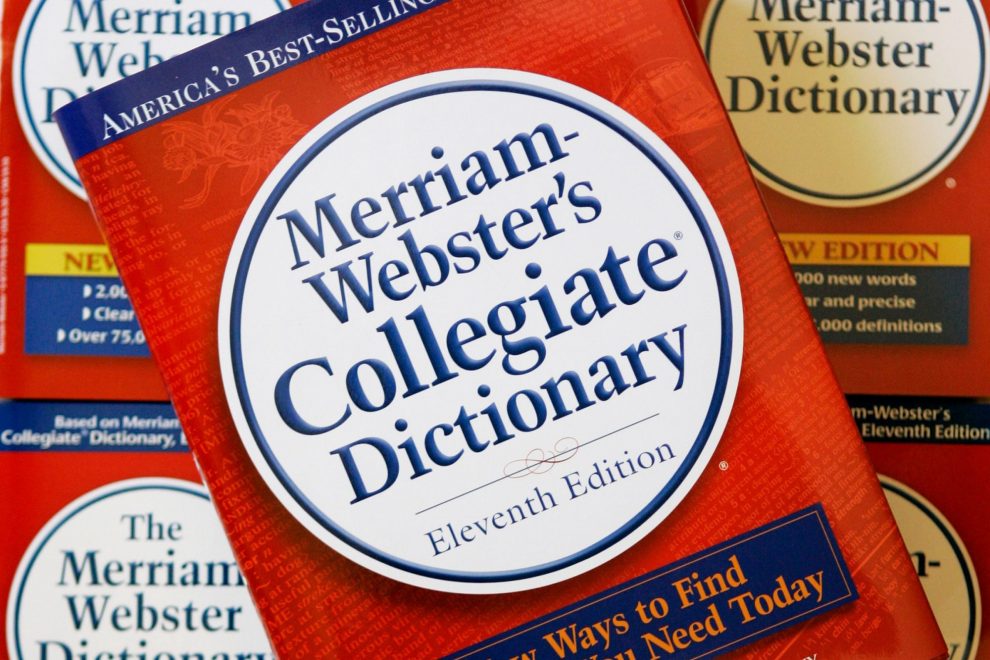Merriam-Webster dictionary changed its definition of “sexual preference” to include the word “offensive” as Democrats slammed Supreme Court nominee Judge Amy Coney Barrett for using the term during Tuesday’s Senate confirmation hearings.
Prior to Tuesday, the fifth definition listed for “preference” referred to orientation, as in sexual preference.
But as of Wednesday, the fifth definition for preference included the word “offensive” when used to describe sexual orientation.
As recently as last month, Webster’s Dictionary included a definition of “preference” as “orientation” or “sexual preference.” TODAY they changed it and added the word “offensive."
Insane – I just checked through Wayback Machine and it’s real.
(via @ThorSvensonn & @chadfelixg) pic.twitter.com/oOq1SNtCP2
— Steve Krakauer (@SteveKrak) October 14, 2020
“Our scheduled updates, which add new words and also add new definitions, usage guidance, and example sentences to existing dictionary entries, take place several times per year. From time to time, we release one or some of these scheduled changes early when a word or set of words is getting extra attention, and it would seem timely to share that update,” Peter Sokolowski, Merriam-Webster’s editor-at-large, explained in a statement to Fox News.
“In this case, we released the update for sexual preference when we noticed that the entries for preference and sexual preference were being consulted in connection with the SCOTUS hearings,” Sokolowski continued. “A revision made in response to an entry’s increased attention differs only in celerity—as always, all revisions reflect evidence of use.”
On Tuesday, Sen. Mazie Hirono slammed Barrett for saying she would not discriminate on the basis of “sexual preference.”
“Sexual preference is an offensive and outdated term, it is used by anti-LGBTQ activists to suggest that sexual orientation is a choice — it is not,” the Hawaii Democrat said.
“Sexual orientation is a key part of a person’s identity,” Hirono continued.
She said she was “disappointed” that the circuit court judge declined to weigh in on whether she agreed with the majority in Obergefell v. Hodges, the Supreme Court case that granted same-sex couples the right to marry.
“So even though you didn’t give a direct answer I think your response did speak volumes,” Hirono said. “Not once, but twice you used the term ‘sexual preference’ to describe those in the LGBTQ community.”
“The LGBTQ community should be rightly concerned whether you would uphold their constitutional right to marry,” Hirono concluded.
“I certainly didn’t mean and would never mean to use a term that would cause any offense in the LGBTQ community. So if I did, I greatly apologize for that,” the Supreme Court nominee said.
Later Sen. Cory Booker, D-N.J., asked Barrett about her use of the term again.
Story cited here.
























